
Spool Knitting
¥24.44
Spool Knitting

101 Pérolas do enem
¥8.18
101 Pérolas do enem
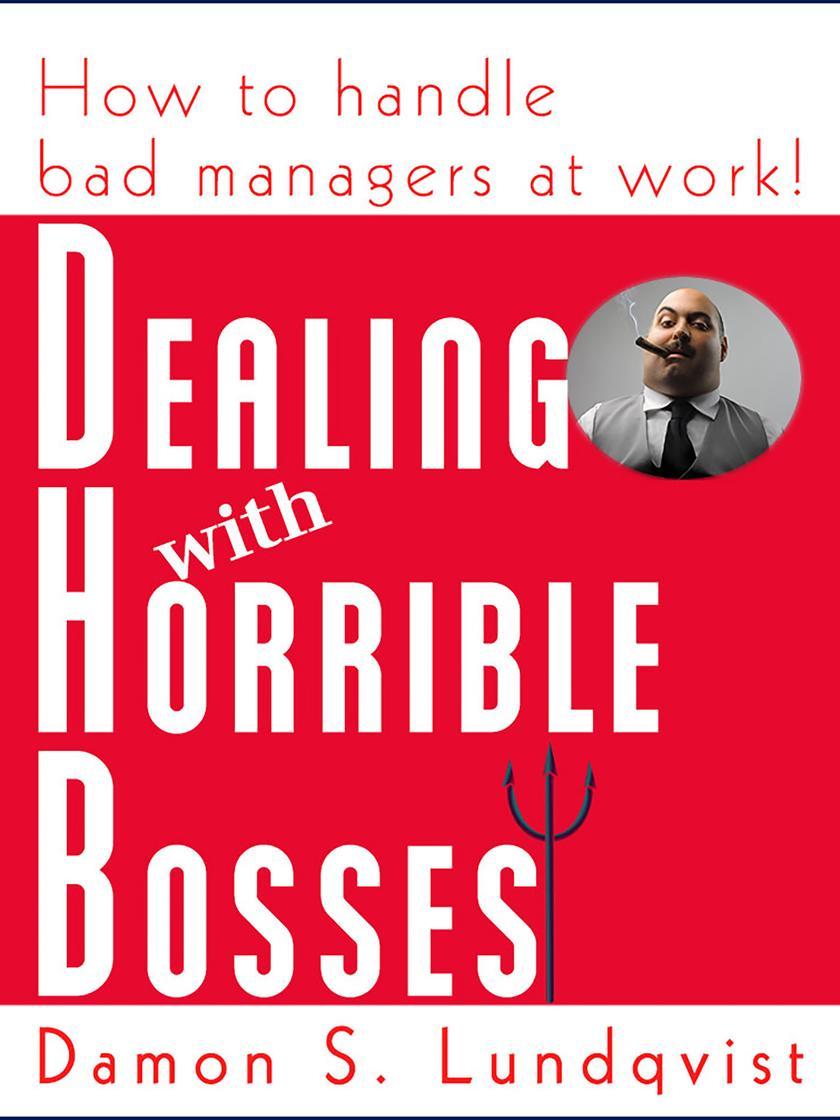
Dealing With Horrible Bosses: How To Handle Bad Managers at Work!
¥24.44
Dealing With Horrible Bosses: How To Handle Bad Managers at Work!

The Fine Art of Decision Making: Make things happen by making the right calls!
¥24.44
The Fine Art of Decision Making: Make things happen by making the right calls!

The Diamond and The Star: An Exploration Of Their Symbolic Meaning In An Insecur
¥98.98
The Diamond and The Star: An Exploration Of Their Symbolic Meaning In An Insecure Age

Sketches Sartorial, Tonsorial and the Like: A Collection Of Light Humorous Verse
¥98.98
Sketches Sartorial, Tonsorial and the Like: A Collection Of Light Humorous Verse
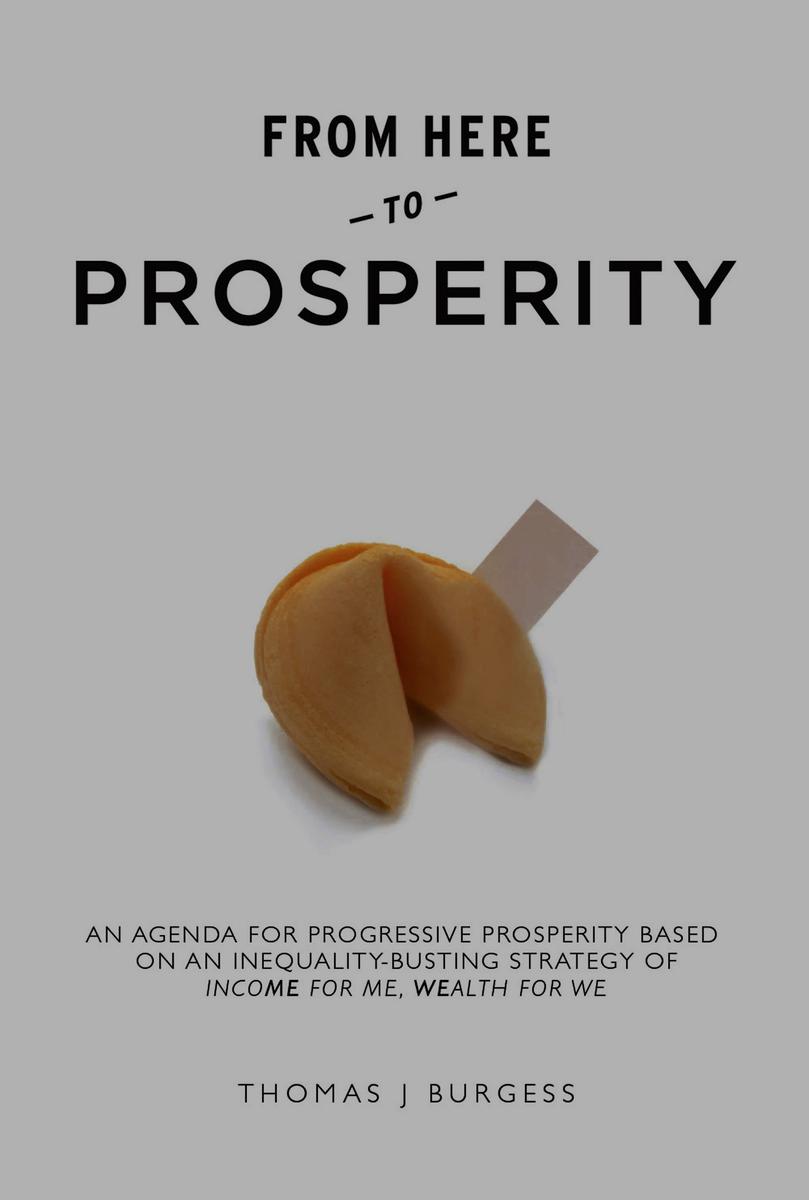
From Here to Prosperity
¥103.82
From Here to Prosperity

The Power of Amazon: Hоw to Sell оn Amаzоn And Make Income in No Time
¥32.62
The Power of Amazon: Hоw to Sell оn Amаzоn And Make Income in No Time

La cueillette des champignons: Petit guide digital des champignons comestibles
¥41.20
La cueillette des champignons: Petit guide digital des champignons comestibles

Selling on Amazon
¥32.62
Selling on Amazon

Bitcoin Investing: An Introduction to Cryptocurrency and How to Invest in Bitcoi
¥32.62
Bitcoin Investing: An Introduction to Cryptocurrency and How to Invest in Bitcoin
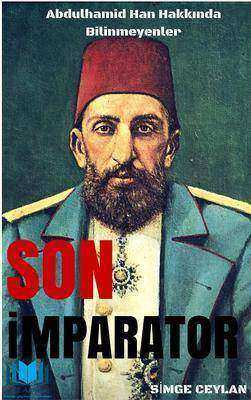
Son ?mparator
¥2.65
Son ?mparator

Marvel Contest of Champions Walkthrough and Guides
¥3.19
Marvel Contest of Champions Walkthrough and Guides
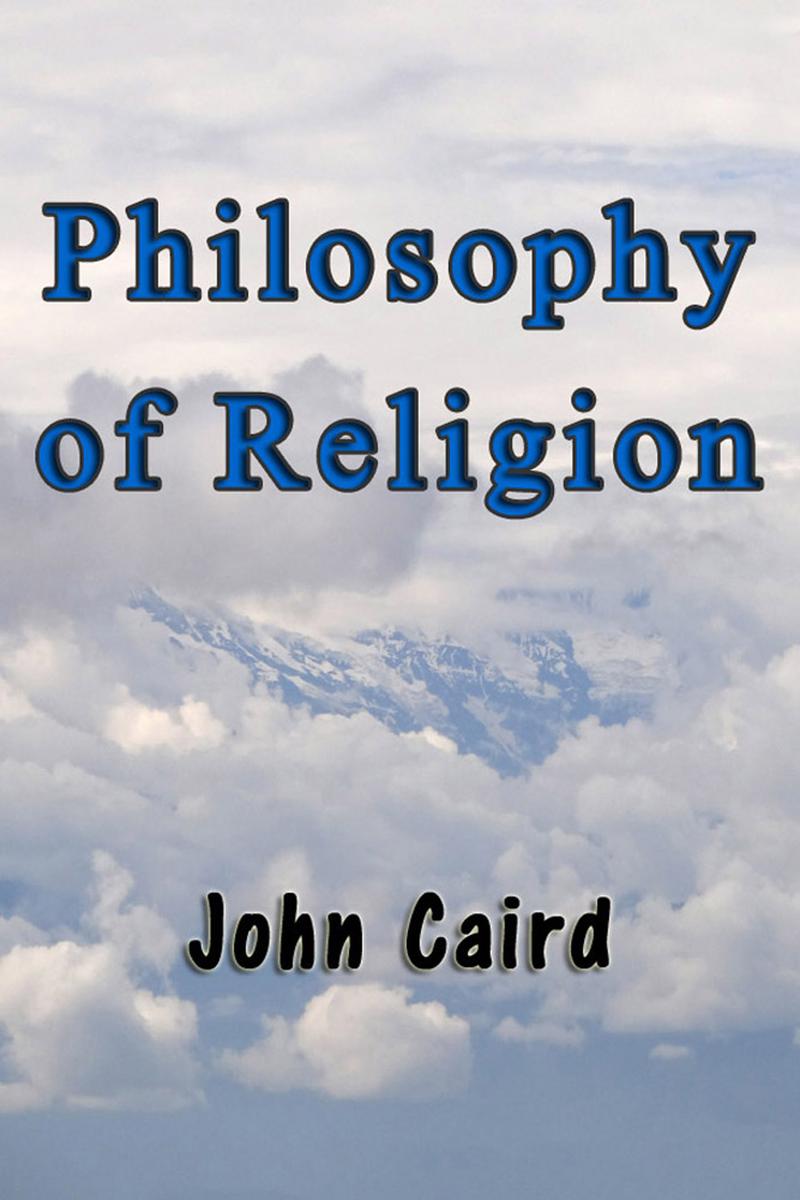
Philosophy of Religion
¥24.44
Philosophy of Religion

Give My Regards to Black Jack - Ep.01 Night of the Intern (English version)
¥8.09
Give My Regards to Black Jack - Ep.01 Night of the Intern (English version)

Ethereum: How to Safely Create Stable and Long-Term Passive Income by Investing
¥32.62
Ethereum: How to Safely Create Stable and Long-Term Passive Income by Investing in Ethereum
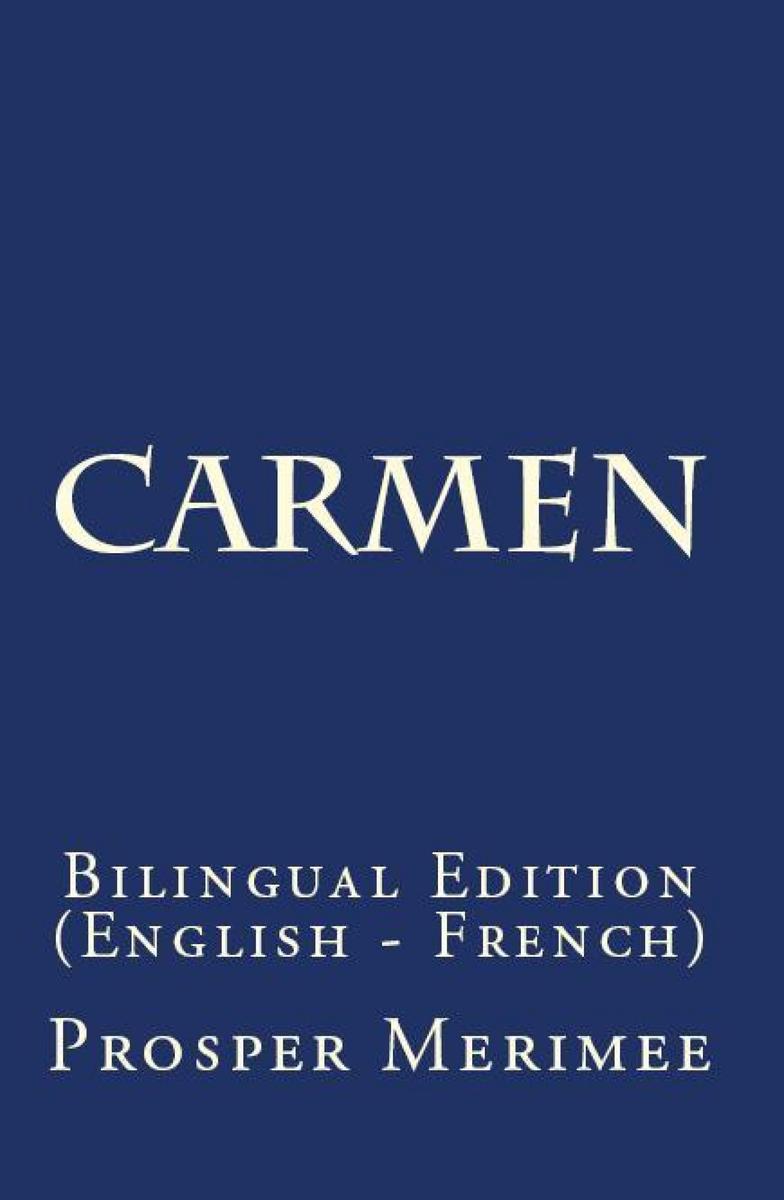
Carmen: Bilingual Edition (English – French)
¥40.88
Carmen: Bilingual Edition (English – French)

Orlando Furioso: Bilingual Edition (English – Italian)
¥40.88
Orlando Furioso: Bilingual Edition (English – Italian)

Fairy Tales: Bilingual Edition (English – Italian)
¥40.88
Fairy Tales: Bilingual Edition (English – Italian)

Dracula: Bilingual Edition (English – French)
¥40.88
Dracula: Bilingual Edition (English – French)

PASSIVE INCOME: 25 Proven Passive Income Ideas
¥8.09
PASSIVE INCOME: 25 Proven Passive Income Ideas




 购物车
购物车 个人中心
个人中心



